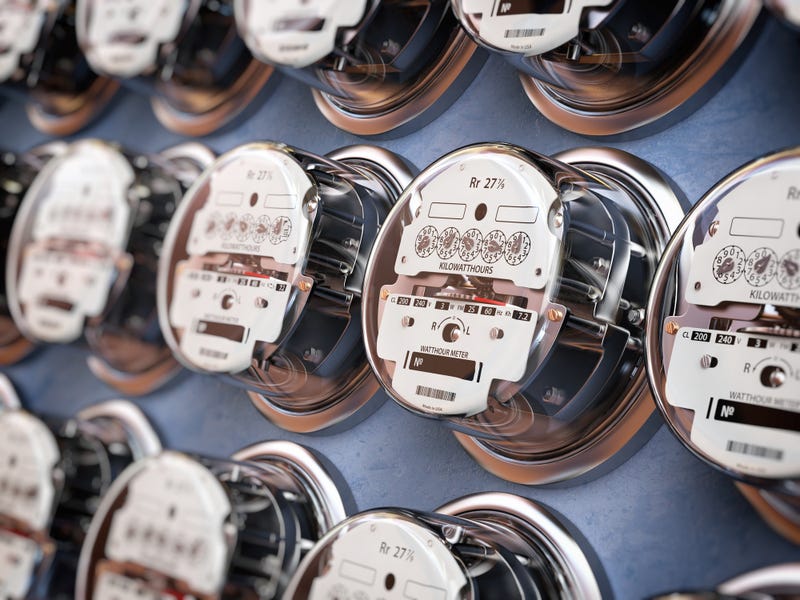
BUFFALO, N.Y. (WBEN) In her State of the State speech Tuesday, Governor Kathy Hochul urged the state Legislature to phase out the sale of fossil fuel heating equipment beginning later this decade.
Hochul wants a fossil fuel ban in existing residential buildings in 2030 and in 2035 in commercial ones. And she is calling for a zero emission goal for new construction, with no on-site fossil fuel combustion by 2025 for smaller buildings, and by 2028 for larger buildings.
"Stop," said State Senate Minority Leader Rob Ortt on WBEN Wednesday. "I don't know if we can do this. I don't know if the grid has the capacity to handle all of these new electric customers."
Ortt said even National Grid, who would love the increased business, has said we need to pump the brakes to make sure the grid can handle it.
At the same time, Hochul wants to build more homes and Ortt said the fact that they will have to be all-electric, is another reason why there is not more building in New York State. "They [developers] can build anywhere. They can build in Pennsylvania, They can build in New Jersey. They're going to go where homes are affordable to be built and where there is demand."
Ortt also thinks the new energy policy is misguided, using the recent blizzard as an example.
"When you're in a storm, you should have a myriad of options available at your disposal. Gas, electric, hydro, wind, solar. We should have a wide ranging energy portfolio. But instead the state is putting all of its eggs in one basket
and that's going to end up having real costs and impacts on everyday New Yorkers."
In addition to whether or not the grid can handle it, there is also a question about cost.
The governor did not mention cost but did announce an energy affordability guarantee. New York would offer a first in the nation pilot program
ensuring that New Yorkers never pay more than 6% of their incomes on electricity.
"I don't know if that's even legal," said Ortt. "To say that you have to pay X because of your income, not because of your usage. This has disaster written all over it."
The State's Climate Action Council finalized a scoping plan to reduce greenhouse emissions in December. But as Ortt pointed out, they have not outlined the cost. "We should be able to tell folks what is the total cost of this, and who's paying for it. Somehow this has to be paid for, and if it's not paid for by you and I directly, it's going to be paid for through our taxes. The fact that they're not willing to tell us, either means they don't know or that it's so astronomically high, that they're not willing to come forward with the number."

